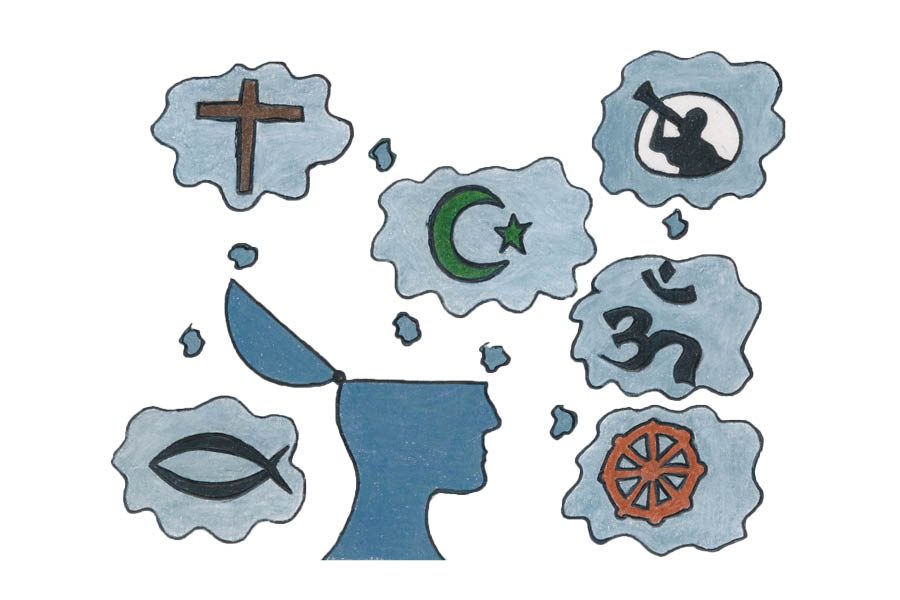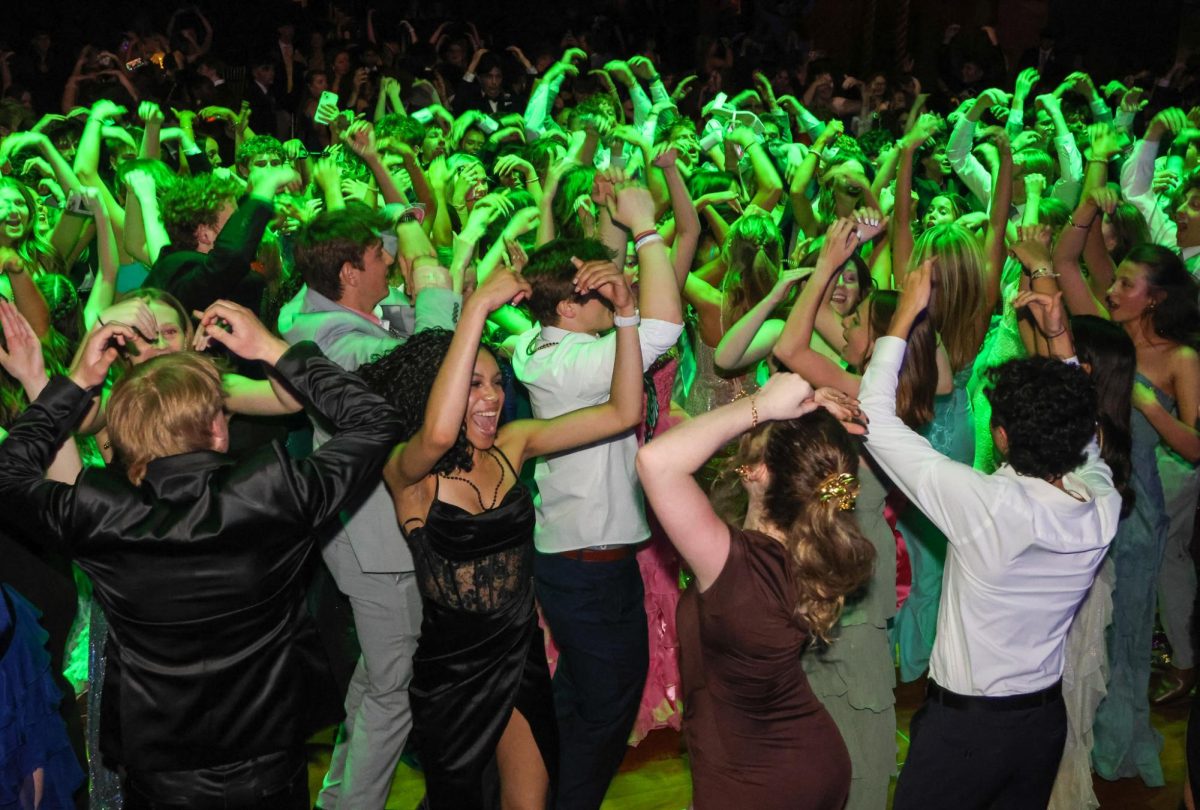Staff editorial: World religion studies encourage tolerance
Teaching world religion allows students to see history in its entirety
December 14, 2016
Since the beginning of time, religion has played a large role in dictating historical and current events. Religion often shapes our worldview, influences our choices and determines the key points in our lives, making it an educational subject to study in high school.
Although some believe teaching all world religions persecutes Christians, curriculum standards expect teachers to be objective and historical just like any other subject. Learning about world religions helps students understand their peers, keeping them informed instead of spreading hatred.
In the U.S. today, lack of religious diversity can sometimes provide a gateway for intolerance to emerge. Derogatory slurs or hate speech can be emotionally damaging and do not promote the inclusive environment we strive to achieve. Learning about different religions here at school educates religious majority students about substantial pieces of history and current world issues in a positive, well-controlled setting that encourages discussion and dismisses hatred. In turn, this can help reduce discrimination later in life, providing a bridge between people of different religions instead of a wall.
Likewise, benefits for religious minority students are evident as well. It’s a well known fact that representation matters, and teaching about world religion allows those students to see their culture and history represented equally among their peers. For some, this is the first time they have ever studied religion with their peers, and that recognition encourages participation and helps minority students feel as if they are a part of history.
Not everyone, however, sees the value in learning about all religions. In 2013, a magnet school in Osawatomie, Kansas was under fire by parents who opposed an educational visual display of the Five Pillars of Islam. State Rep. Dennis Hedke said he was “appalled” by the display, since it did not represent the violent aspects of Islam.
In response to Hedke and other opponents of inclusive religious education, there are violent aspects in every religion, but these individual actions do not represent an entire group of people. The inclusion of balanced religious curriculum will help students see beyond the violent current events and hopefully prevent intolerance from growing in the first place.
With religion being such an important aspect of world events, the need for healthy religious discussion in school is more important than ever. Education encourages tolerance, and the world always needs a few more tolerant people to truly make a difference.












